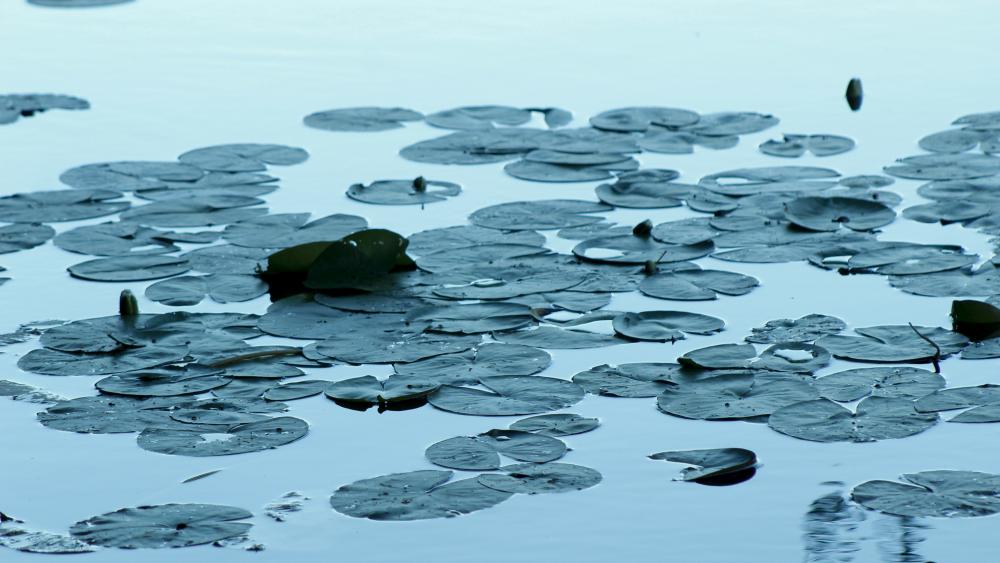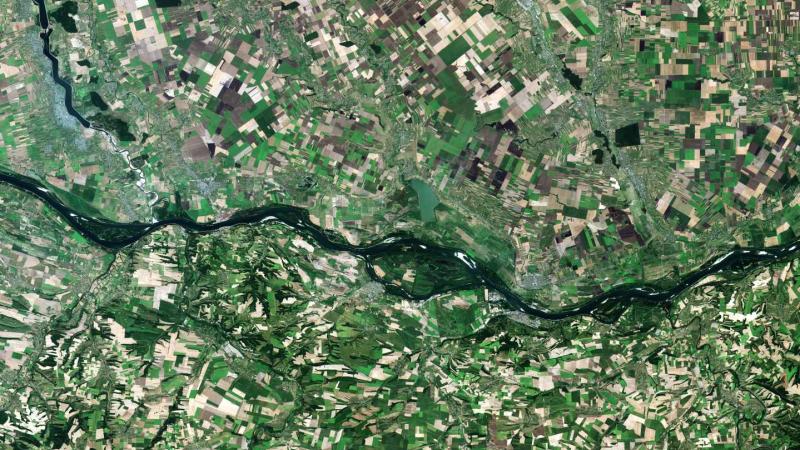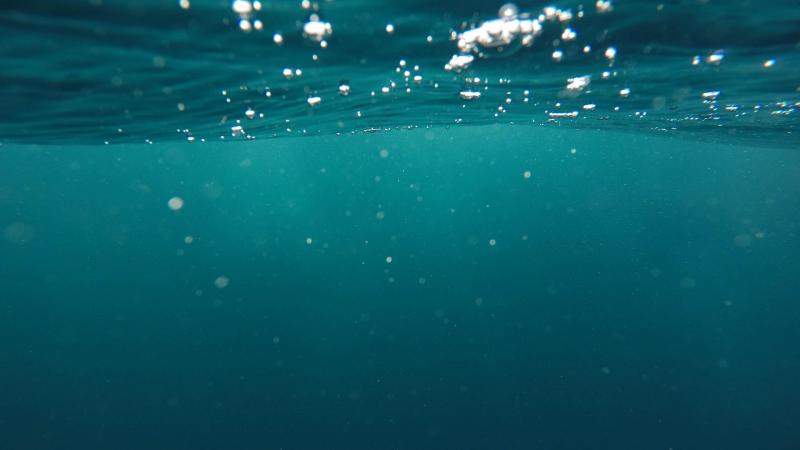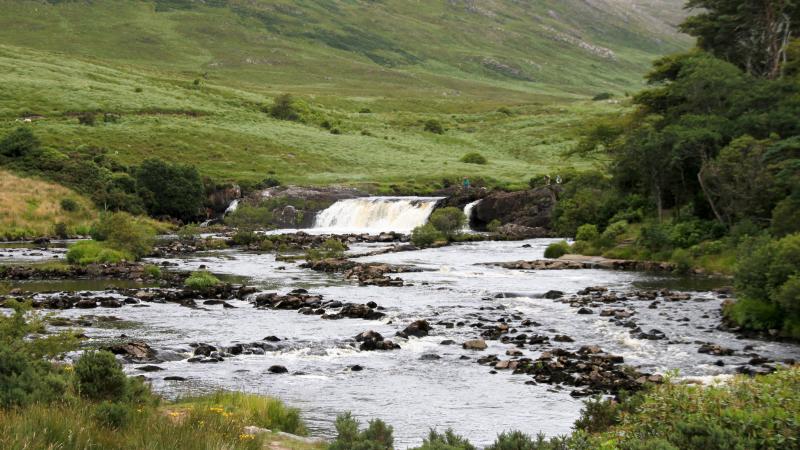
Photo: Catherine Perez Vega
Without sufficient and clean water, life is not possible. This makes freshwaters particularly important and at the same time intensively used systems that are at above-average stress and threat due to climate change and human impacts. The consequences can hardly be overlooked: Species are disappearing much faster in freshwaters than on land or in the sea. Lakes around the globe are warming much faster than the atmosphere or the oceans. The flow regime of rivers is changing as a result of climate change, favouring weather extremes such as drought and periods of low water as well as floods. Water bodies are increasingly drying out or disappearing completely, emitting additional greenhouse gases. Yet rivers, lakes and wetlands are often overlooked in policy frameworks and processes. Too often, as water researchers and scientific societies point out.
"Freshwaters are severely underestimated in measures to combat climate change and the global biodiversity crisis," says IGB’s Professor Sonja Jähnig. The UN Convention on Biological Diversity, for example, limits itself to land and sea and overlooks the fact that freshwaters provide vital ecosystem services for humans and are essential for adopting the to consequences of climate change. Already a year ago, together with international colleagues, she pointed this out and formulated 14 recommendations for political follow-up agreements.
More than just two words: inland waters
One of the suggestions sounds simple, but could be an important step: a change in the wording of official policy documents. In future, the focus should be on land, inland waters and the sea, because inland waters are a separate, ecological realm. By now, rivers, lakes and wetlands have been categorised either as land - because they are embedded in the terrestrial realm - or as seas and oceans - because they are aquatic. "Freshwater ecosystems must no longer be treated in an inferior manner, because they can only fulfil their diverse functions as habitats and key resources if they are consistently protected, sustainably managed and ecologically improved," summarises Jähnig.





